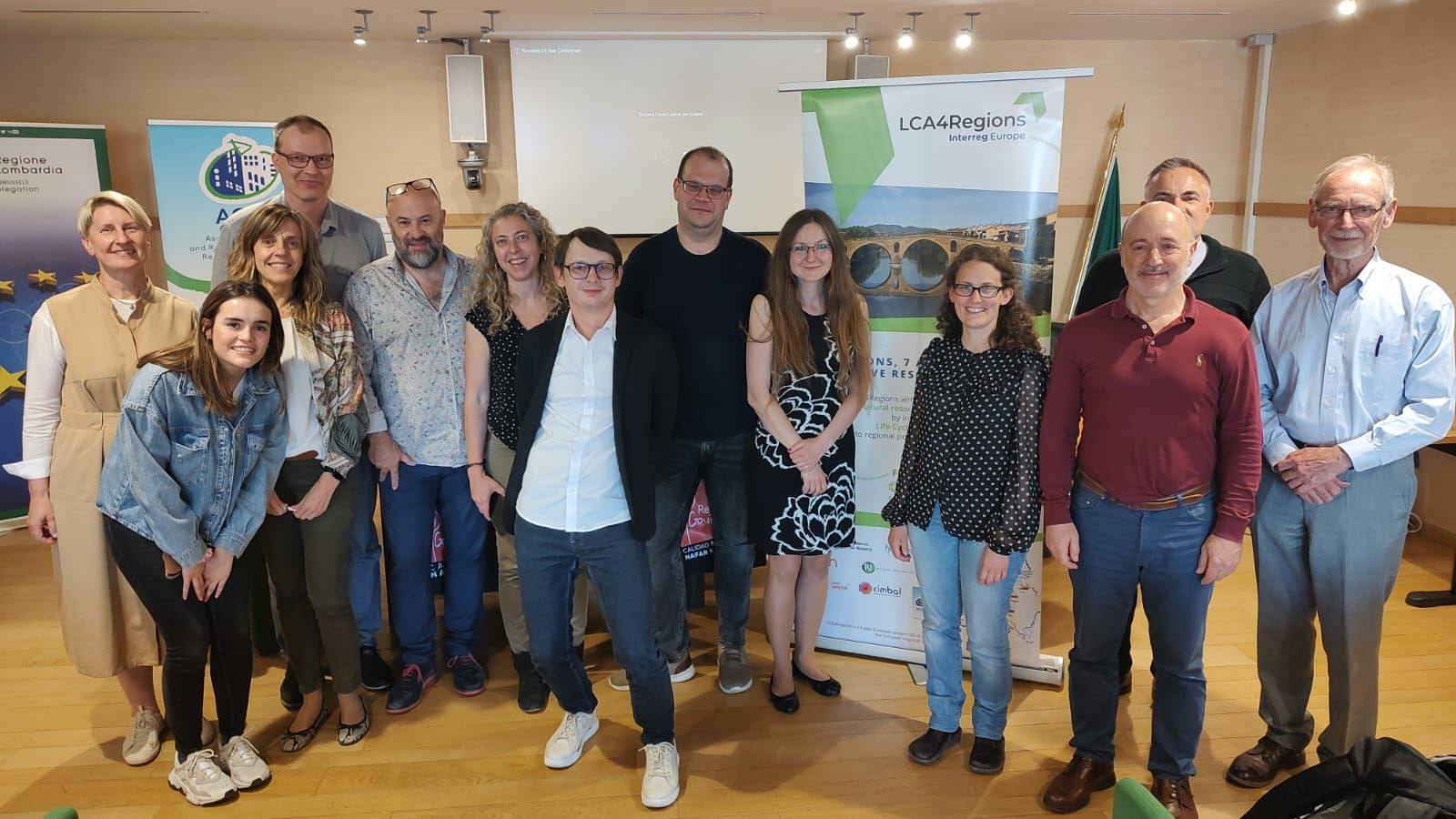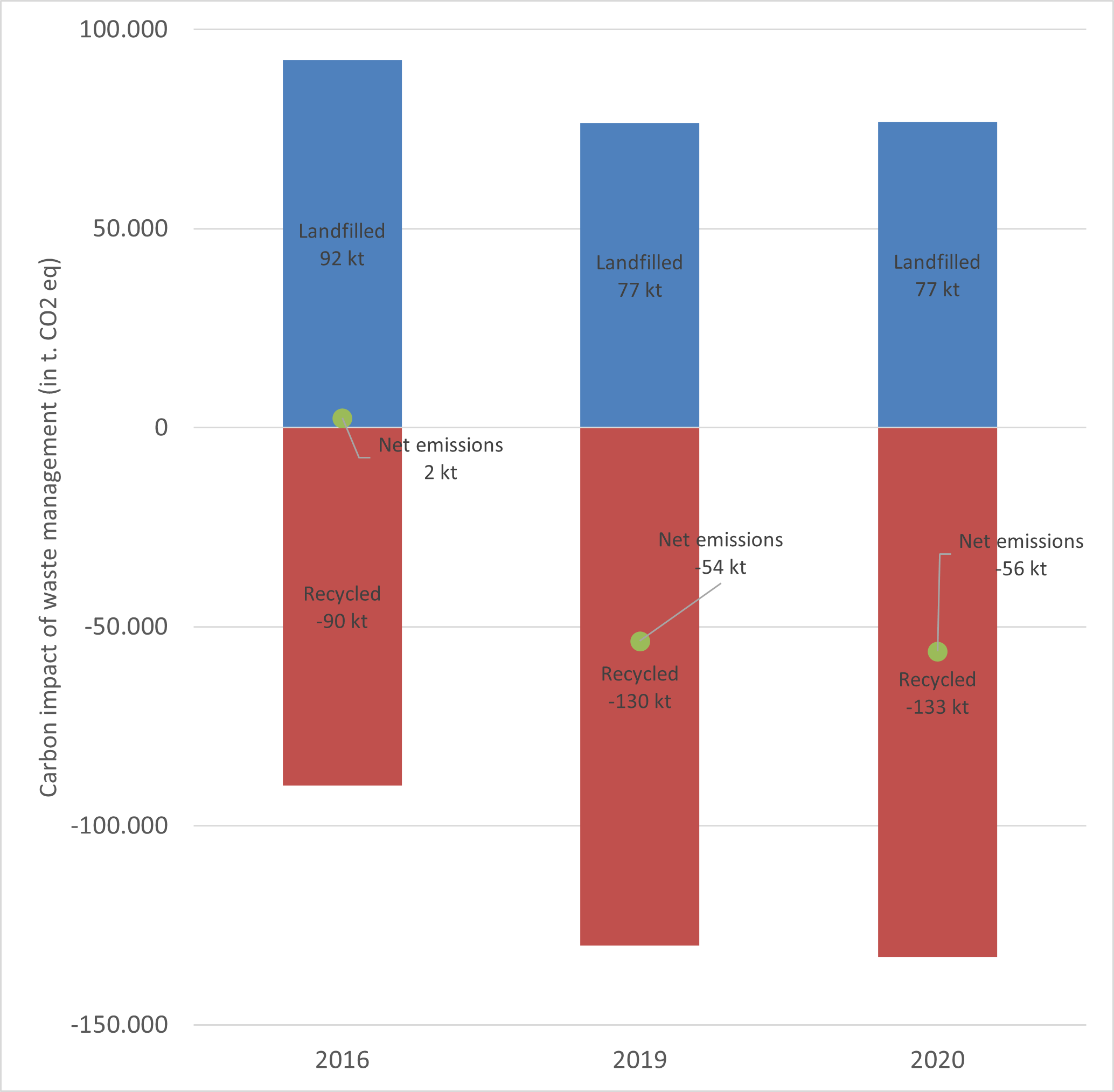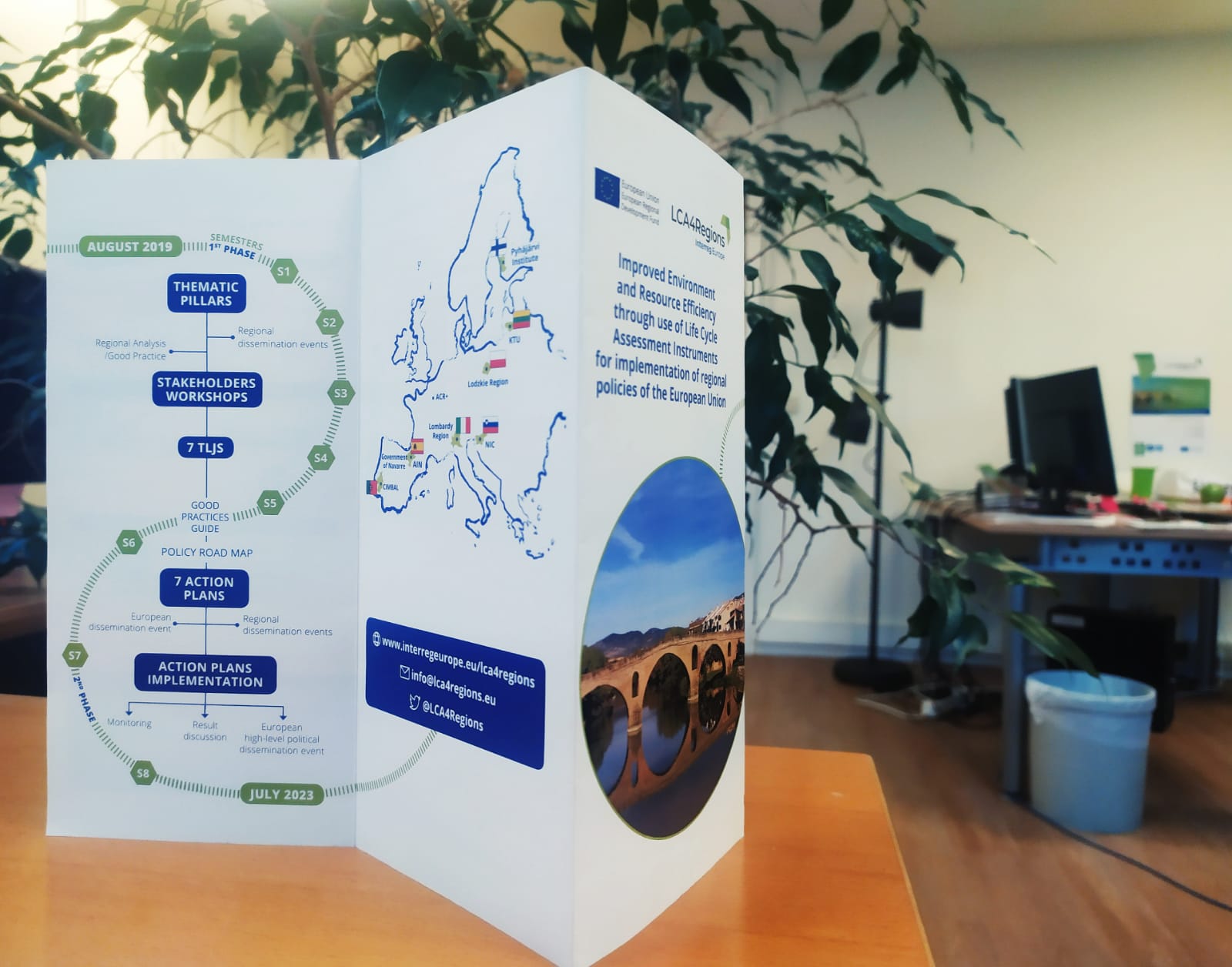Our final TLJ will take us to Beja, in Baixo Alentejo. What do you know about this Portuguese region? Here is a presentation by CIMBAL, the host of our next TLJ.
CIMBAL's ID card
Hosting partner of the TLJ #7
Country: Portugal
Capital of the region: Beja
Population: 114 887 inhabitants (2021)
Surface: 8.544,6 km²
Partner in LCA4Regions: CIMBAL – Baixo Alentejo Intermunicipal Community
Geographical Location
Baixo Alentejo is part of Alentejo region, bordered to the north by Évora district, to the east by Spain, and to the south by Faro district. This sub-region integrates 13 municipalities: Aljustrel, Almodôvar, Alvito, Barrancos, Beja, Castro Verde, Cuba, Ferreira do Alentejo, Mértola, Moura, Ourique, Serpa and Vidigueira.
Main Resources
The main economic activities the region are based on mining (pyrites), forestry, hunting, agriculture and livestock and therefrom derived products like cork, olive oil, wines, among others.
Guadiana River, one of Baixo Alentejo´s most important natural resources, is an international river starting in Spain, following the border line, to reach Alentejo. Out of its 870 kilometres, only 260 are in Portugal. Baixo Alentejo´s landscapes, with high historical and natural value, show how human action has transformed the original landscape into a diversity of ecosystems, adapted to the dryness and aridity of the climate.
This sub-region is strongly marked not only by a cultural heritage, reflected in archaeological sites, castles, churches, old mines, museums and small towns and villages which, with their traditional constructions, reflect the diversity of cultural influences to which this region has been subjected, but also by natural heritage - e.g. the Special Protection Areas of Moura, Barrancos and Guadiana.
Climate
Baixo Alentejo has a Mediterranean climate, characterized by a high annual average temperature, between 15º and 17,5º.
Circular economy in Alentejo
In Portugal, three action plans are currently related to circular economy:
- PERSU 2020 - Strategic Plan for Urban Waste 2014-2020;
- Action Plan for Circular Economy (APCE);
- National Strategy for the Ecological Public Procurement (ENCPE 2020).
PERSU 2020 - Strategic Plan for Urban Waste 2014-2020 was approved by Decree No. 187-A on 17 September 2014. The plan sets national targets for Urban Waste (UW) prevention and presents measures associated with accomplishing this objective. The waste strategy, advocated in this plan, maintains the objective of guaranteeing a high level of protection of the environmental and human health, through the use of appropriate processes, technologies and infrastructures. It also promotes the minimization of the production and hazardousness of waste and seeks to integrate them in the production processes as secondary materials to reduce the impacts of the extraction of natural resources and ensure the essential resources to the economy while creating opportunities for economic and employment development.
The Action Plan for Circular Economy approved by ministers Resolution n. º 190-A/2017 presents actions aligned with the EU pillars of Action for the Circular Economy to establish a carbon neutral economy with neutral GHG emissions and effective use of materials by 2050, focusing on research and innovation on sustainability. It creates solutions, with emissions and resources integrated into business models that stimulate the creation of jobs, an efficient and effective use of the resources mobilized and their economic duration, enabling inclusive and resilient economic prosperity and a thriving, responsible, dynamic, inclusive, informed, participative and more collaborative society.
The National Strategy for the Ecological Public Procurement (ENCPE 2020) approved by Resolution No 38/2016 of the Council of Ministers of 29 July 2016, provides that the inclusion of environmental criteria in public procurement is mandatory. Moreover, it is an instrument which intends to promote the reduction of pollution, the consumption of natural resources and integration of efficiency in the system.
Also, there is, in Alentejo region, a specific and dedicated Circular Economy Forum, implemented by Alentejo Coordination and Regional Development Commission (CCDR Alentejo).
Alentejo Circular Economy Forum´s main objective is to stimulate circular economy in Alentejo region. It is a network of regional stakeholders, from public and private sector where opportunities and constraints related to circular economy in the region are discussed. Through regular and systematic interactions among different entities, Alentejo Circular Economy Forum is a space of debate, but above all, is a space where different stakeholders exchange knowledge, contacts, experiences, projects and identify opportunities or constraints for the application of circular economy concepts.
Baixo Alentejo Region team:
- Fernando Romba - Project Coordinator
- Pedro Pacheco - Project manager
- Elsa Ferreira Nunes – External Expert support
- Sofia Martins – External technical support










